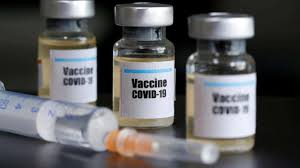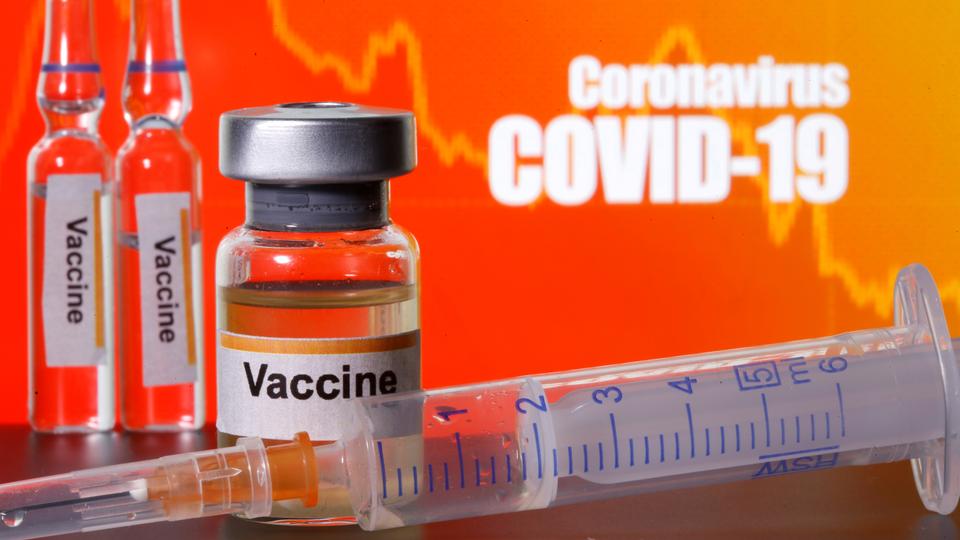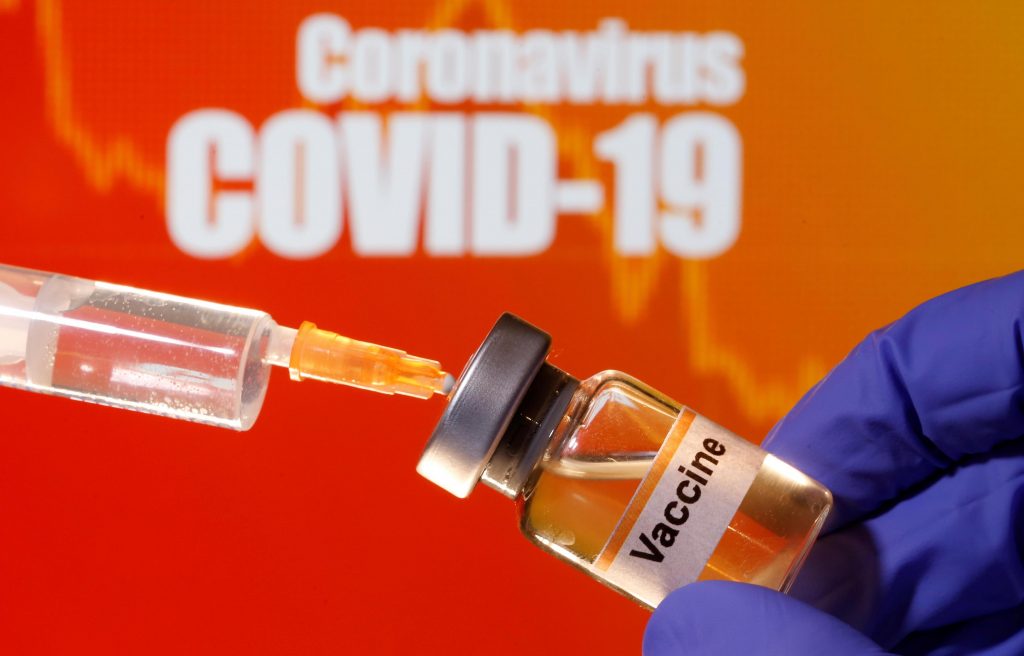Moderna, a US-based biotech firm, said last week that it would be entering the final stage of human trials for its coronavirus vaccine on July 27. This will help it determine how successfully the vaccine is capable of imparting protection to the people in the real world.

This announcement has been made after results from the previous trial were published. The previous round of trials was focused on proving that the vaccine was safe and was capable of triggering the production of antibodies. The Phase 3 trial, which is upcoming, shall involve the recruitment of 30,000 participants in the US. Half of those will be administered with 100 microgram dose levels of the vaccine by Moderna, whereas the remaining will receive a placebo.

Researchers will then carry out the tracking of these recruiters for the next two years during which it will be ascertained if they are protected against the infection by COVID-19 or if they do end up getting infected, is the vaccine capable of preventing symptoms from developing. In case they do end up with symptoms, the vaccine would still be a success given that it is capable of put an end to the severe cases of COVID-19. The study is scheduled to run until October 27, 2022; however, the preliminary results will become available much earlier than that.
The results from Phase 1 of Moderna’s vaccine trial were published in the New England Journal of Medicine. According to them, the first 45 participants of the study had developed antibodies to the virus. As of right now, Moderna is leading the charge in the global race towards finding a vaccine against the coronavirus that has managed to infect 13.2 million people worldwide and claimed the lives of 570,000 at the time of writing.

Amesh Adalja is an infectious disease specialist at Johns Hopkins University, and said, ‘You have to be very limited in how much you can extrapolate from a phase one clinical trial because you want to see how this works when a person is exposed to the actual virus.’ David Lo who is a professor of biomedical sciences at the University of California Riverside, said, ‘One of the things we certainly want to look out for is whether there is a long term effect where the immune response… potentially develops an immunologic tolerance which would actually be detrimental to protection.’
Nonetheless, we are moving closer towards the vaccine for coronavirus, and we hope that Moderna’s vaccine is capable of offering the protection that the world needs right now.
Comments
Post a Comment
Tell us what you think